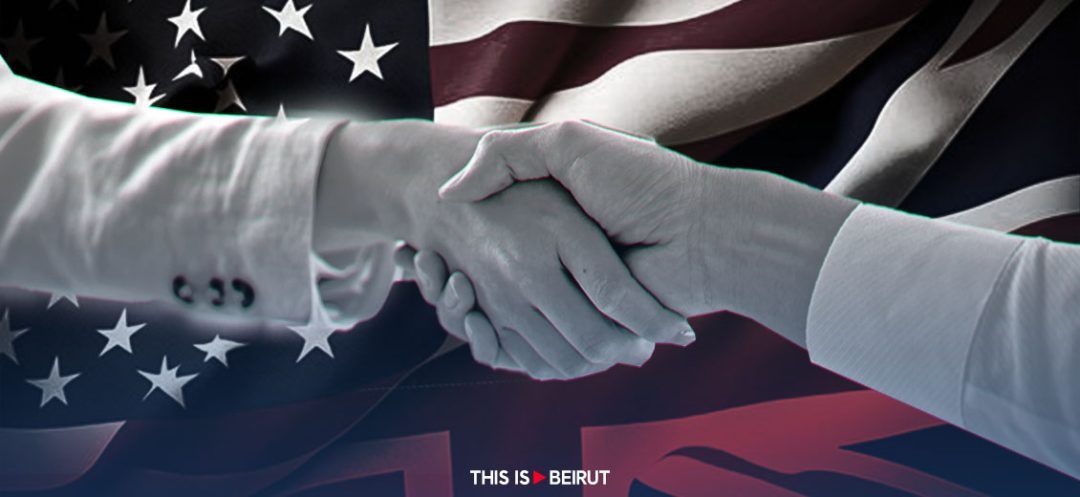- Home
- Middle East
- US-UK: A Long-Standing Strong Alliance Until Further Notice

When former British Prime Minister David Cameron was appointed as Foreign Secretary in November 2023, many expected significant changes in foreign policy. With years of experience in government leadership, Cameron was well-versed in numerous international issues — including the Palestinian issue and the Arab-Israeli conflict — having previously addressed them during his time in office.
However, when it comes to big powers (and former empires), foreign policies are rarely shaped based on the vision of a single individual. Instead, they are the product of a network of interests and considerations that prioritize the state's highest interests, often an extension of longstanding policies, unless a significant strategic shift occurs on a specific issue.
A defining characteristic of British foreign policy since World War II has been its close alignment with American foreign policy. This alignment became particularly pronounced as Washington "inherited" British international influence following the war, an influence that has drained London and resulted in the occupation of Paris. The US shift from its policy of "splendid isolation" further consolidated American influence worldwide.
London has upheld a clear strategic relationship with Washington, with few political disagreements between the two countries. Instead, both have consistently emphasized the depth of these relations and the strategic need to preserve and develop them, especially regarding sensitive issues such as the Middle East and the Arab-Israeli conflict.
In this context, it became clear several months into Cameron’s term as Foreign Secretary that no significant changes were made to foreign policy, despite his efforts to imply that he had revitalized and activated foreign relations on several issues. Instead, he maintained Anglo-American harmony, at least during the Israeli war on Gaza, by fully siding with Israel — especially in the early weeks of the conflict — when London refrained from calling for a ceasefire.
Instead, it issued general statements that gave Israel more time to carry out its military operations. The same applies to London accusing Hamas of "adopting a human shield policy." By doing so, it seemed to shift blame onto civilians for their deaths, thereby allowing Israel to continue the war unabated, despite the tens of thousands of civilian casualties, under the watch of the whole world. Furthermore, Britain's stance also aligned with Western positions as a whole, by criticizing South Africa for lodging a complaint against Israel before the International Court of Justice, in an effort to hold Israel accountable for alleged genocide in the Gaza Strip.
In line with the same approach, London’s announcement about the possibility of recognizing an independent Palestinian state, did not stray from the broader regional deal, with the delayed Saudi-Israeli normalization at the forefront. The events of October 7th and their aftermath reshaped the whole region, intensifying tensions on many fronts. For example, on the Red Sea front, London readily joined Washington in striking Houthi sites in an attempt to alter the course of the conflict.
The policy of double standards between Palestine and Ukraine was not limited to British positions; it extended to most Western countries and the European Union. While they were outspoken in condemning the Russian invasion of Ukraine, they turned a blind eye for months to Israeli practices towards Palestinians in Gaza, and even in Jerusalem and the West Bank.
There is no indicator that London will be distancing itself anytime soon from Washington regarding foreign policy. Both countries seem comfortable with this option. It will remain a strong alliance until further notice.
Read more




Comments